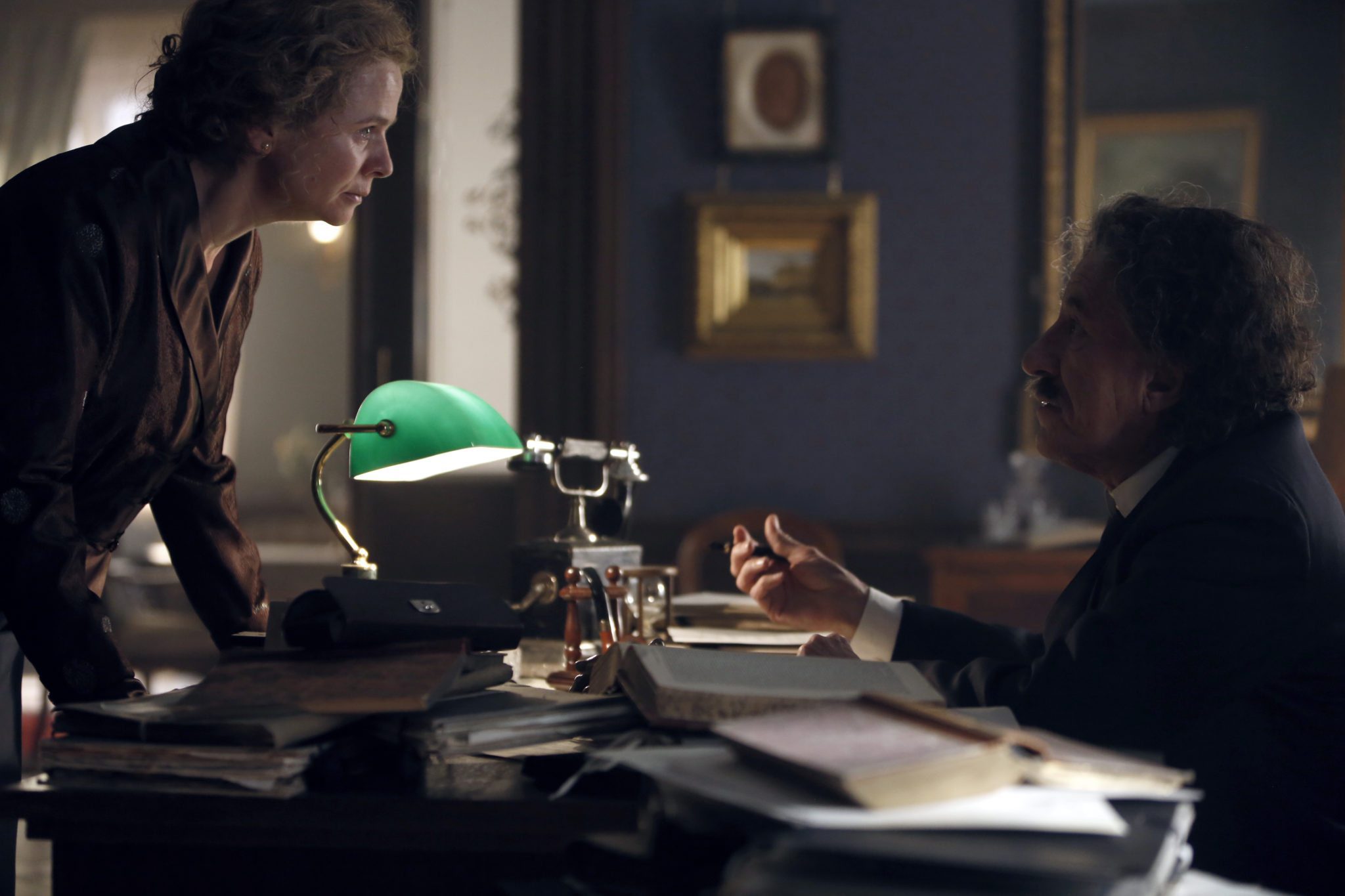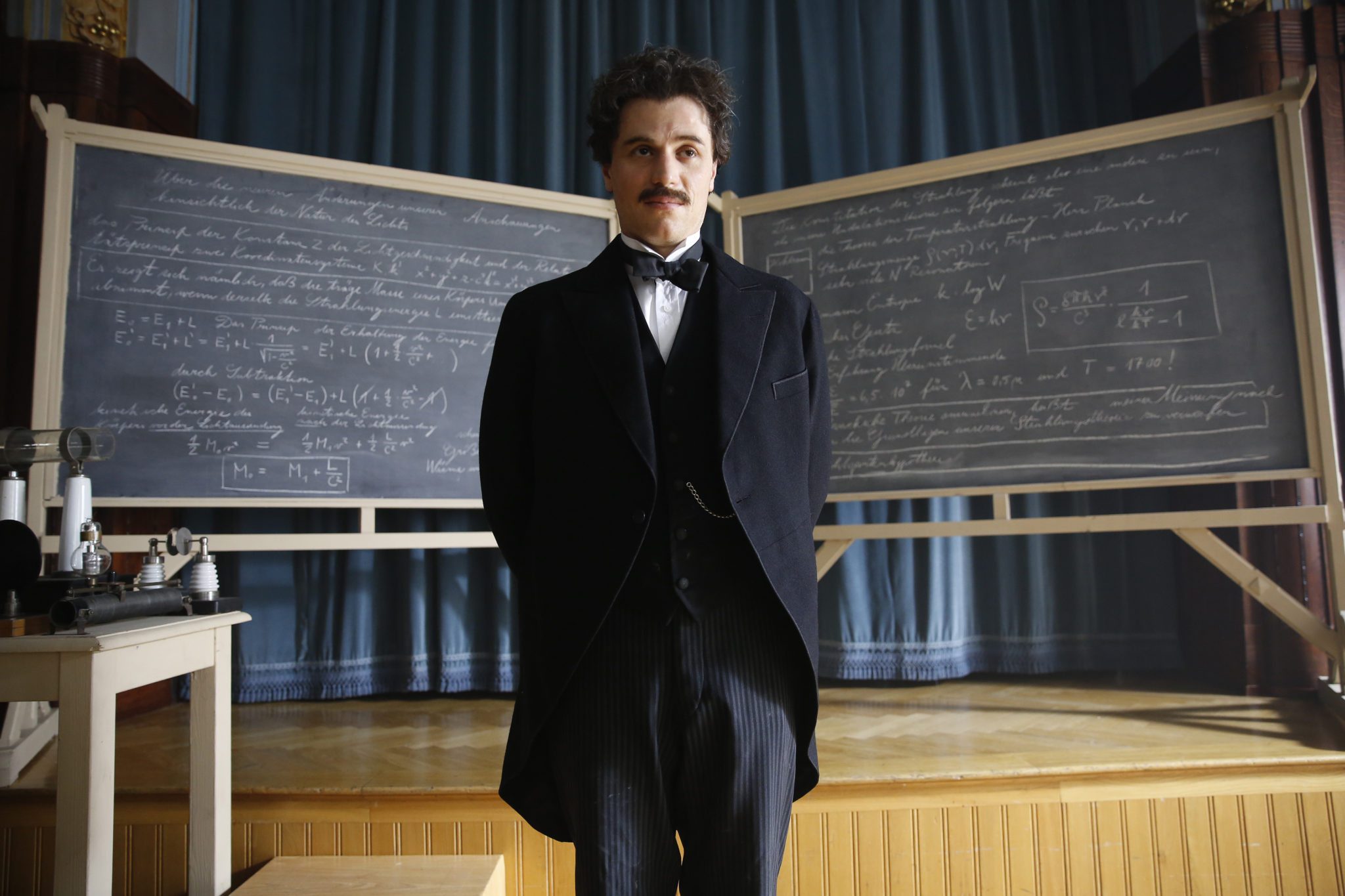
Genius Ep. 7 – The Damage of Sin, Visualized???
Sin can only be hidden for so long, but it will eventually be exposed. Episode 7 makes this fact crystal clear.

Sin can only be hidden for so long, but it will eventually be exposed. Episode 7 makes this fact crystal clear.

?Of all the mysteries for me, people are the hardest to fathom.?
